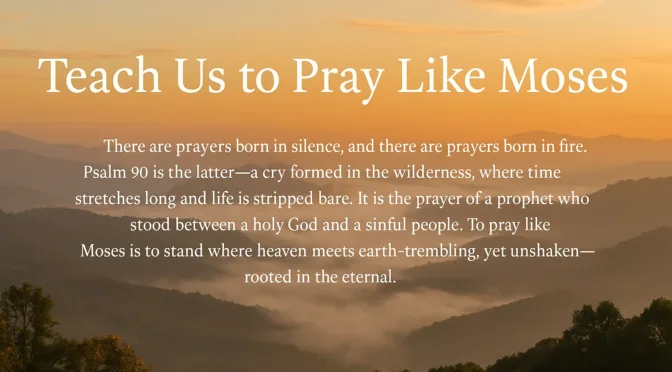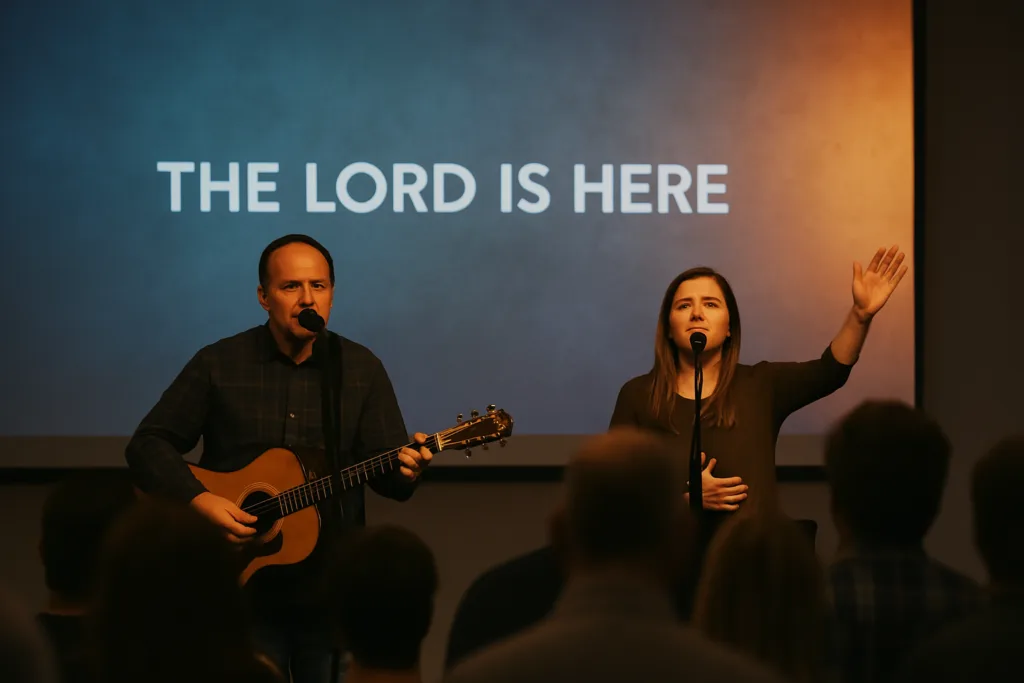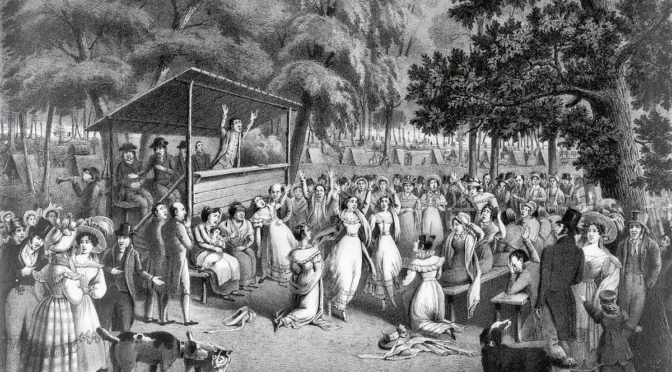Beloved, come close and consider the steps of Yeshua on this Holy Monday. Every act was deliberate. Every word, weighty. He was not wandering—He was on a mission from the Father. His eyes were fixed on Jerusalem, and His heart burned with holy fire. He came to restore what religion had corrupted in the House of Prayer. He came to awaken what had fallen asleep.

In the morning, as He walked from Bethany toward the city, He was hungry. He saw a fig tree with leaves, signaling life—but when He came to it, He found no fruit. Then Yeshua spoke, “May no one ever eat fruit from you again!” (Mark 11:14 NASB). It was not just about the tree. It was a prophetic sign. Israel had leaves—rituals, traditions, temples—but no fruit. And the judgment was not delayed.
God does not delight in the form of religion. He desires the fruit of righteousness. As it is written, “Every tree that does not bear good fruit is cut down and thrown into the fire”(Matthew 7:19 NASB). This is the hour to search your heart. Are there leaves but no fruit? Activity without intimacy? Noise without prayer? Yeshua is looking for the fruit of faith, humility, repentance, and love.
And then He entered Jerusalem, heading for the House of Prayer.
He found it loud with trade, thick with greed. The courts that should have echoed with songs of praise were filled instead with coins and bargains. So He overturned the tables of the money changers and the seats of those selling doves. He drove them out with authority, declaring, “It is written, ‘My house shall be called a house of prayer,’ but you are making it a den of robbers” (Matthew 21:13 NASB; Isaiah 56:7). That house was not theirs—it was His Father’s.

Beloved, you are now that temple, the new House of Prayer. The veil was torn. The blood was shed. And the Holy Spirit came not to dwell in buildings but in believing hearts. “Do you not know that your body is a temple of the Holy Spirit who is in you… and that you are not your own?” (1 Corinthians 6:19 NASB). So the question presses in—what tables must be overturned in your soul?What thieves have crept into your mind, stealing your time, your worship, your focus?
Yeshua doesn’t cleanse the temple to shame—it is always to restore. After the tables fell, the blind and the lame came, and He healed them (Matthew 21:14). The children began to shout, “Hosanna to the Son of David!” and joy returned to the courts. When we cleanse the temple, we become the true House of Prayer, and the glory of God comes near. When we restore the altar, the fire of Heaven falls.
And when evening came, He returned to Bethany—not to isolate, but to rest in fellowship. He stayed among those who loved Him—Mary, Martha, and Lazarus. Even the Son of God drew strength from the warmth of believing friends. Let this speak to you deeply. You were not meant to fight alone. You were not made for isolated struggle. The joy of the Lord often comes through the fellowship of the saints.
As it is written, “Behold, how good and how pleasant it is for brothers to dwell together in unity!” (Psalm 133:1 NASB). And again, “Let us consider how to encourage one another in love and good deeds, not forsaking our own assembling together… but encouraging one another” (Hebrews 10:24–25 NASB). In this hour, the enemy tries to isolate, but God calls you to the table of fellowship, to the circle of prayer, to the family of faith.
So today, beloved, walk the path Yeshua walked:
- Examine the fruit of your life.
- Let Him cleanse the temple of your heart.
- Restore the altar of prayer.
- And seek joy in the fellowship of believers.
Do not delay. Do not harden your heart. The Lord of the temple has come, and He still speaks: “My house shall be called a house of prayer.” Let it begin with you.
—
Search me, Lord, and test the flame,
Burn the chaff, but leave Your Name.
Make this heart Your holy place—
A house of prayer, a throne of grace.
Prayer
Holy Yeshua, come into the temple of my soul and turn over every table that does not please You. Remove all idols, all distractions, and all false peace. I repent of fruitless works and distant worship. Cleanse me, Lord, and fill me again with the fire of Your Spirit. Let my heart become a house of prayer. Let joy and healing rise where once there was noise and compromise. Surround me with godly fellowship, and teach me to draw strength from Your people. I welcome You, King of Glory—come and reign in me. In Your precious Name, Amen.












